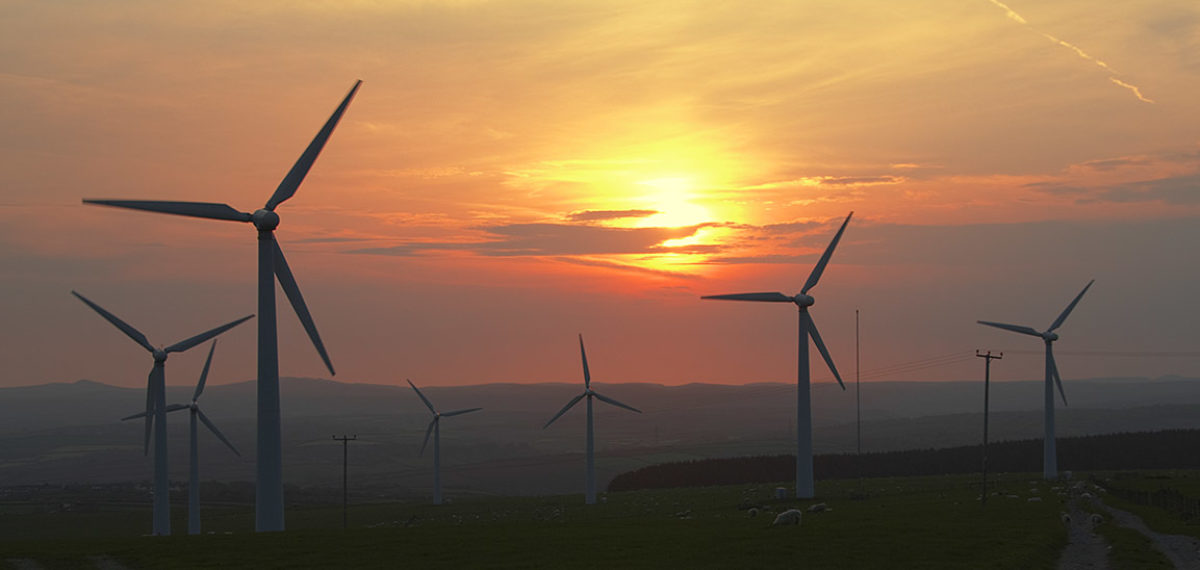The Government is likely to become responsible for a huge bill for building Hinkley C power station. This is despite an insistence by the UK Government since they signed a deal with EDF to build Hinkley C in 2012 that electricity consumers will not have to pay for cost overruns for the project. Yet it is now looking increasingly likely that this will end up being the case. When the deal was signed in 2012 the Government agreed to pay a much higher than expected £92.50 per MWh (in 2012 prices), this price to be paid by consumers in their electricity bills (over twice the price given to recent offshore wind projects).
The Government claimed that there would be no bail-out if the project experienced large cost overruns since the risk was borne by the holders of the share capital, EDF and also the Chinese state nuclear company, CGN. CGN holds around one third of the equity in Hinkley C.
But now there are mounting pressures on the Government to ensure that, for political and security reasons, China (through CGN) is not allowed to build its own nuclear design at Bradwell in Essex .
Yet CNG only agreed to finance Hinkley C (and also in a similar fashion the planned Sizewell C project in Sufflok) on the basis that it was going to get the chance to showcase its own ‘Hualong’ nuclear plant at Bradwell. If China’s Bradwell ambitions are thwarted then they will certainly pull out of the Sizewell C project and also do as much as is legally possible to forshorten their risks and responsibilities at Hinkley C.
There have already been rumours that the Government will take over CGN’s share in plans for Sizewell C. Certainly this will be necessary if, as is now widely discussed in UK Government, CGN is refused permission to build the Bradwell project. This ‘investment’ in Sizewell C will be promoted as an opportunity to ‘make profits’ out of Sizewell C. In reality there will only be a grand waste of taxpayers money as the project will engender the same type of big losses through cost overruns as the nuclear power projects always suffer in the West (if not elsewhere). The electricity consumer will have to pay for the losses, that is on top of paying EDF for the building costs even before it has generated any electricity. The consumer will pay three times. First for the construction, second for the construction cost overruns and thirdly for the electricity itself!
But the Government is also likely to have to take on big liabilities in the case of Hinkley C – that is against a long succession of pronouncements by Government ministers over the past nine years. Some are even urging the Government to take over all of CGN’s shareholdings in Hinkley C. But even if the Chinese company cannot reclaim the money it will have spent on the project so far, if CGN is denied the opportunity to build at Bradwell they are very likely to refuse to pay for any cost overruns at Hinkley C (as well as pull out of Sizewell C). This means that the UK Government will have to take on the liability of future cost overruns, and maybe end up in a major row with China about financial compensation.
Since the agreements between CGN and EDF are difficult to obtain, it is not clear where CGN’s liabilities end, but EDF’s own press statement said that ‘The risk of constructing the power station to budget is borne by the investors’. Of course, CGN owns around a third of the investment.
Even though serious construction on the Hinkley C project only started in early 2019 the project is already involving mounting cost-overruns (the most recent crop being blamed on covid). The chances of generating electricity by its (even then, much delayed) projected start date of 2025 have vanished. Each year of delay will add at least 15% to the costs, which on a project that costs well over £20 billion is a lot of money. The project is now unlikely to be generating before 2027 (a 30% per cent plus cost overrun) and could well take longer.
However, if CGN is not going to take on an agreed set of liabilities, then EDFwill turn to the UK Government to fill the gap, at least in terms of paying for cost overruns, and quite possibly, in addition, the whole of CGN’s equity share in the Hinkley C project.
The deployment of EDF’s EPR programme is now turning into the multibillion black hole for UK consumers and taxpayers that we always said it would turn into. The nuclear projects were hopelessly uneconomic in the first place and only went ahead on the basis of massive support from the French and Chinese Governments in favour of their own privileged (and over-powerful) state-owned companies. We are now paying the price for this toxic mixture of international politics and bad commercial decisions.
At the end of the day we just have to see just how skewed the Government’s priorities for net zero are – its entire budget for energy efficiency measures will be less than £4 billion compared with the £20 billion plus that consumners will have to pay for Sizewell C.
David Toke
